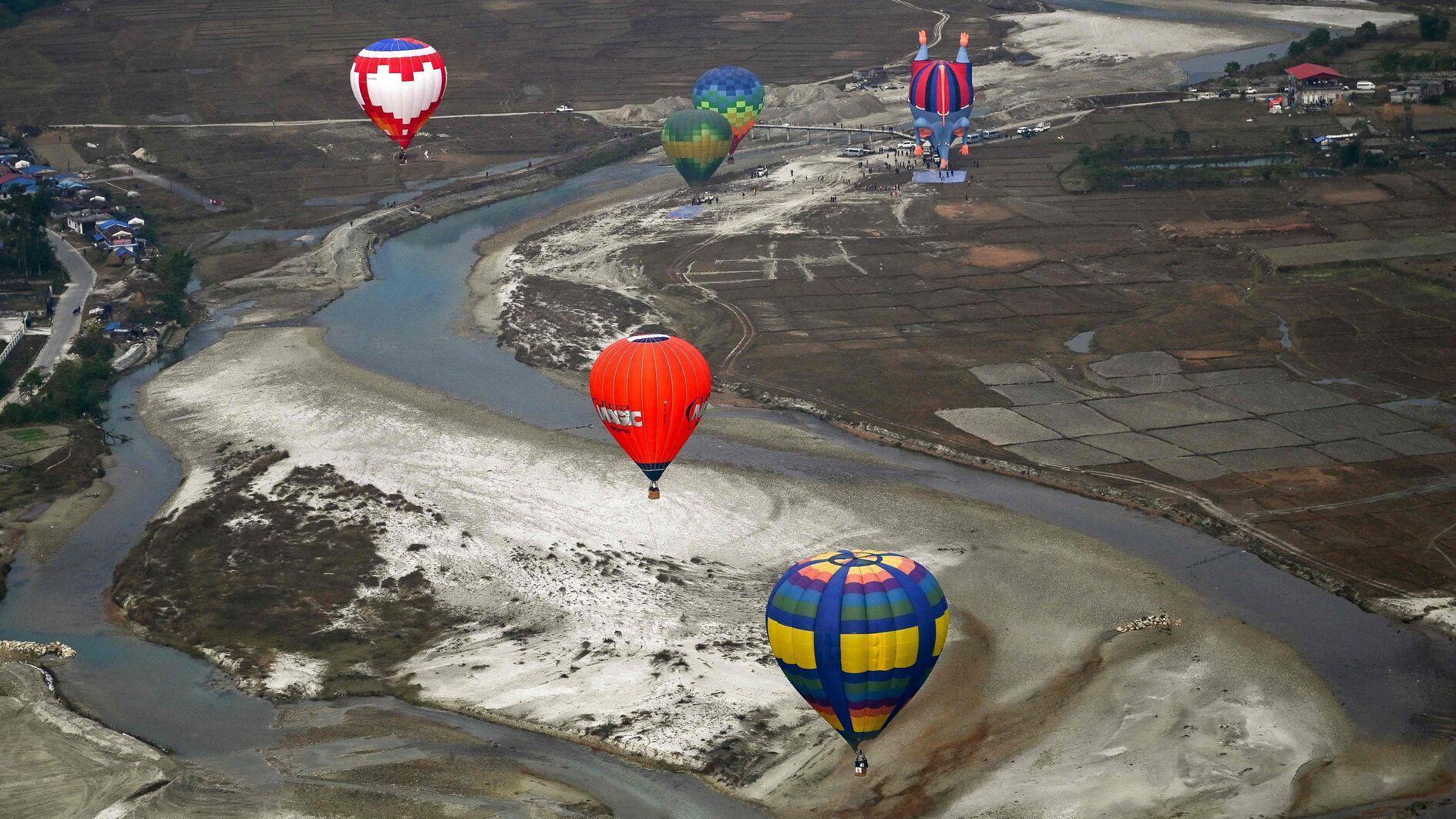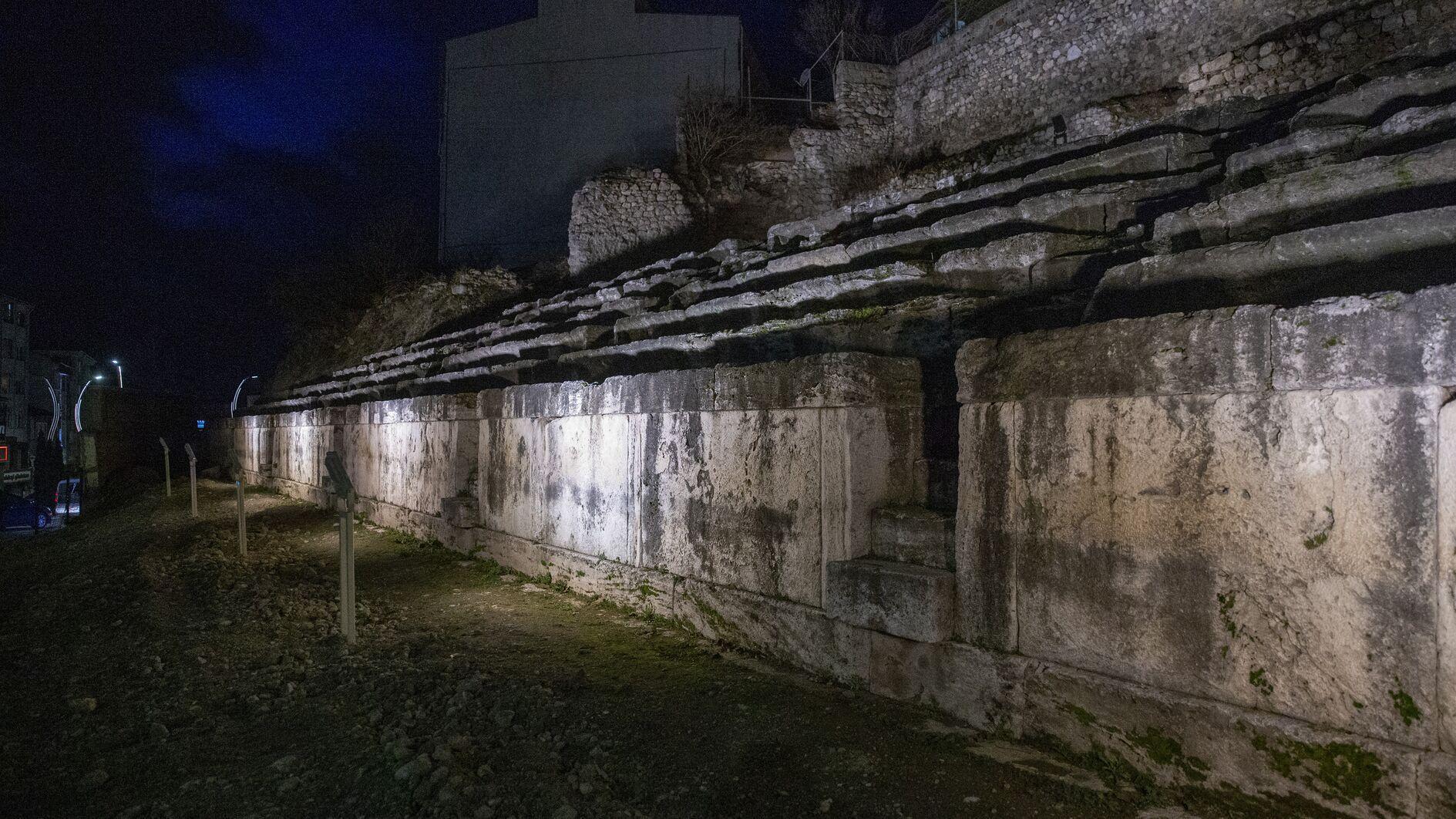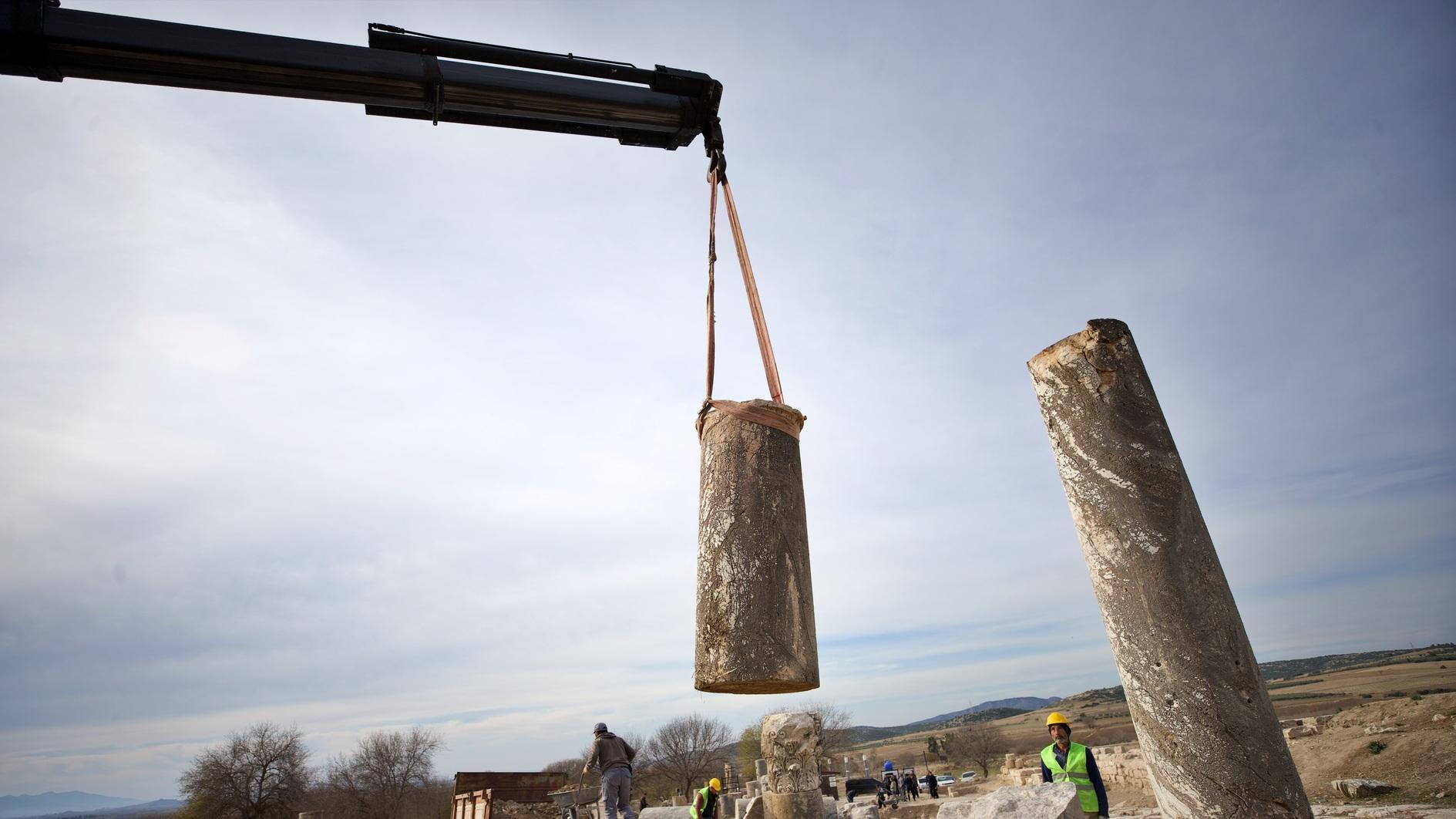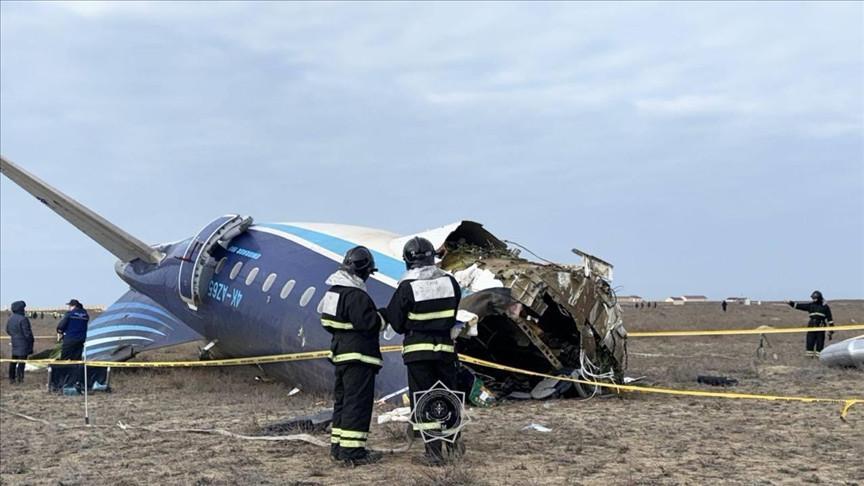Why are we angry?
Let’s not get angry at this bill the French Parliament has passed. If there is one person to be ashamed, it is French President Nicolas Sarkozy. He is narrow-minded to sacrifice relations with a huge country. The French public should also be ashamed. They have also not objected to a bill that has butchered freedom of expression. They have ignored this anomaly. They don’t even know of this diplomatic murder.
Actually, we are the ones who should be the least angry.
In 2001, during a time when the Turkish-friendly President Jacques Chirac was in power, the French Parliament accepted that “genocide” was done to the Armenians. So many years have passed and our relations continued. First we protested, kicking up a fuss. We voiced threats and then we forgot about it.
This bill that has passed now went before Parliament three times before. The same thing happened every time. Switzerland accepted the same bill, we again expressed our threats and then we also forgot about that.
The situation is different this time. This time, the subject was entirely entangled in France’s domestic political game. Both Sarkozy and his rival in next year’s presidential elections, the Socialist François Hollande, are racing each other for Armenian votes.
These two leaders are not acting as such because they have sacrificed Turkey. They are using this bill because they know Turks will shout, protest and then surrender. In other words, Turkey is in this situation because of its impassivity over the years, because it is unable to question its past, because it is unable to take any proper or bold steps about genocide allegations.
It should be France that is ashamed
France will also lose. Before anything else, a country which is the champion of freedom of thought and expression is silencing people.
Not only that: It is violating its own constitution and Europe’s most basic principles. Maybe it is not aware of it at the moment, but the French public will question in the future what Sarkozy has done and criticize him for putting his country in a shameful situation.
It seems that French political leaders are very narrow thinkers, whereas we used to regard them differently.
Turkish-French citizens can appeal to high court
What’s done cannot be undone. Now, let’s look ahead. Let’s discuss what should be done. Because I have been covering this subject for years, I have experience regarding what can be done to prevent the fire from destroying the entire building:
- This bill that has passed in the lower house of Parliament has to be voted on in the French Senate as well. Even though it looks very difficult in the short term, a general campaign is required to prevent the Senate vote. If we want this to be effective, there are things we have to do and not do.
- We should leave those stances such as “But you have also done genocide.” This discourse means, “If we have done it, you have also done it; why are you cornering us?” It is a wrong approach. It backfires. It will not scare them. It has no effect.
- Making threats and especially opting for boycotts and embargoes will only serve to hurt ourselves. Trade between Turkey and France is 13 billion euros. Why punish ourselves with embargoes? For example, closing of the Renault here damages Turkey, not France.
- Before the Senate vote, an intense campaign for the French public has to be launched and most importantly it should not be as late as it has always been up to now.
- There are 170,000 French citizens of Turkish origin in France. They can make an appeal to the French Constitutional Court as citizens on grounds that this bill is against the constitution.
- Turkey should start facing its past. It should demonstrate that it is not afraid of it. Such an approach will provide a healthier confrontation not only with France but also the “100th anniversary of the genocide” hurricane we will encounter in 2015.
- Ankara should see that the end is nearing regarding the Armenian claims. The period is over now, the times when we used to issue harsh reactions, threats and documentaries by using our strategic value. More precisely, that approach is a thing of the past. The Armenians have convinced the international public and we have done nothing. If, now, extremely bold and unprecedented steps can be taken, we can mitigate the loss we will suffer to a certain extent.
If we are to forget everything tomorrow and do nothing as we have done up until now, we should know that we will get into huge trouble and should prepare for the worst.










